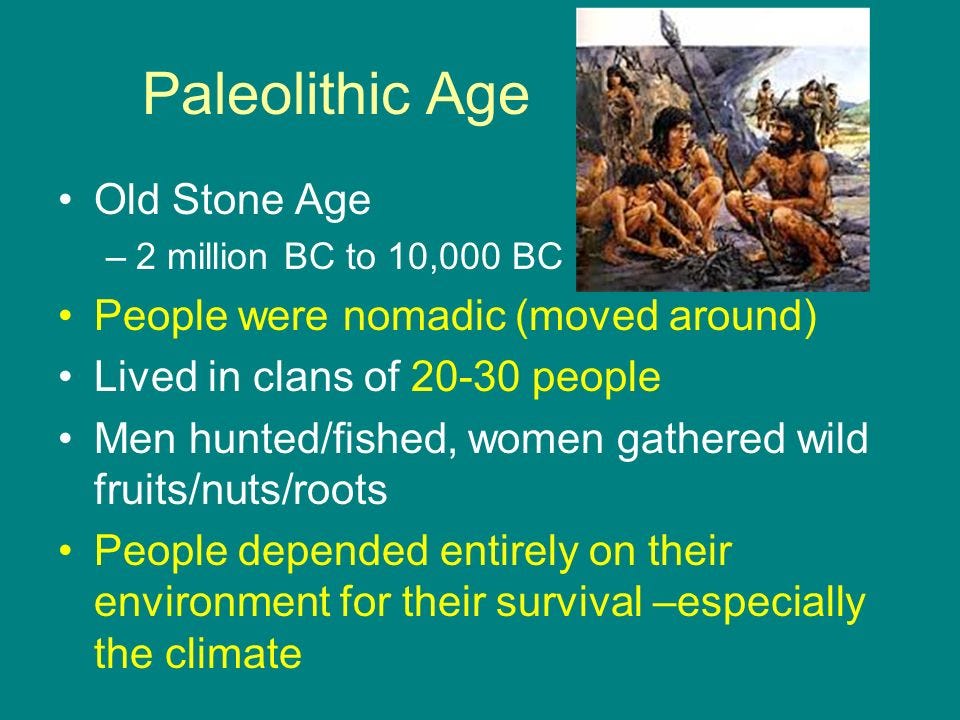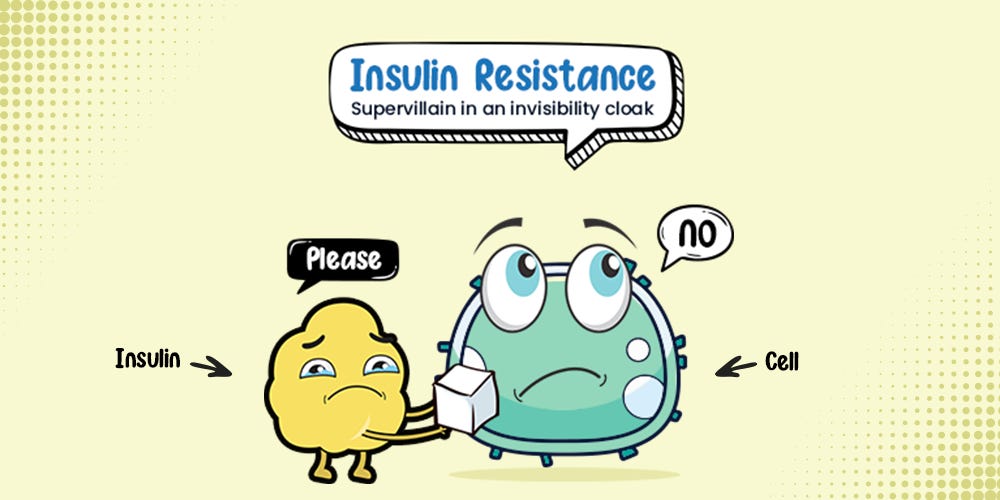
The paleolithic era (11,000 years ago) suggests that over 73% of most societies consumed the majority of their foods from animal sources (up to 65% of total calories) with remaining energy and sustenance derived from plant sources (Cordain et al., 2000). In the modern Western diet, over 70% of total daily energy is derived from refined carbohydrate sources such as sugar, vegetable oils, processed foods, and alcohol (Ilich, Kelly, Kim, & Spicer, 2014). Such an abrupt change in macronutrient ratios has caused an aberration in human health and longevity, especially since the industrial era (Ilich et al., 2014).
Excessive refined carbohydrate consumption has also been associated with diabetes, poor blood lipid profiles, cardiovascular disease, obesity, and decreased insulin sensitivity. Collectively, these conditions have become known as metabolic syndrome (Song, Lee, Song, Paik, & Song, 2014). If excessive carbohydrate consumption were associated with metabolic syndrome, it would seem logical to lower the daily ingestion of the aforementioned macronutrient. In the following sections, I would like to provide evidence that supports such an approach, commonly known as the very low carb/ketogenic (VLCKD) diet.

Historical evidence has revealed a human proclivity towards animal food consumption whenever ecologically possible (Cordain et al., 2000). Interestingly, no evidence suggests that our hominin ancestors suffered metabolic syndrome, which helps build a logical case towards reducing carbohydrate consumption (Cordain et al., 2000). VLCKDs, defined as less than fifty grams of carbohydrates a day, does appear to help mitigate and/or reverse several constituents of metabolic syndrome (Paoli, Rubini, Volek, & Grimaldi, 2013).

Weight loss, specifically fat loss, has been strongly associated with ketogenic diets. However, researchers are still determining the exact mechanisms that contribute to changes in body composition (Paoli et al., 2013). Paoli et al. (2013) outlined four factors, listed in order of importance, that creates the weight loss effect: appetite suppression and higher satiety from protein consumption, reduction in lipogenesis and increased lipolysis, increased metabolic efficiency in consuming fats, and increased metabolic costs of gluconeogenesis and the thermic effect of proteins.
VLCKDs also have positive effects upon blood lipid profiles. VLCKDs help reduce total serum triglyceride concentrations, as well as total blood cholesterol by helping reduce insulin secretion in the blood; insulin is a key enzyme in cholesterol biosynthesis, thus, a reduction carbohydrate consumption causes a concomitant reduction in the insulin secretion (Paoli et al., 2013). Moreover, VLCKDs increase high-density lipoproteins and the particle size of low-density lipoproteins, helping reduce the onset of atherosclerosis (Paoli et al., 2013).

Insulin resistance and type 2 diabetes are characterized by an impaired ability to metabolize glucose (Paoli et al., 2013). Thus, unused blood glucose is converted to fat, thereby decreasing lean body mass and facilitating obesity. However, the severity of insulin resistance and type 2 diabetes has been mitigated and/or eradicated by VLCKDs. By introducing foods that supply energy (i.e., proteins and fats) but who are also devoid of sugars, insulin response is not required to the same degree, blood sugar concentrations are lowered, and less energy is stored in adipose tissue (Paoli et al., 2013).
Mechanistically, providing lower carbohydrate ingestion, forces a change in substrate utilization from one primarily of glucose to fatty acids derived from the breakdown of triglycerides. It is this process that is postulated to help relieve insulin resistance and type 2 diabetes (Paoli et al., 2013). Having considered the benefits of a VLCKD, what may be some of the limitations to an apparently beneficial protocol?

There are some researchers who have submitted that carbohydrates, especially processed versions, have addictive qualities (Ifland et al., 2009). If this submission is true, it may help provide deeper insight regarding the genesis of metabolic syndrome, and the challenges of removing carbohydrates from the diet. Ifland et al. (2009) hypothesized that certain foods, namely processed foods, possessed an aggregate of substances that were addictive in nature: refined sugar, sweeteners, other refined carbohydrates (i.e., flours), fat, salt, and caffeine.
Such a proposal could provide a plausible explanation for overeating. Ifland et al. (2009) also noted that over the past forty years, there has been a paralleled increase in refined carbohydrate consumption and metabolic syndrome. A possible mechanism for addictive overeating might stem from the unnatural and disproportionate combination of substances in processed foods not indigenous to the natural world. That is, foods such as doughnuts contains both refined sugars, fats, and flours. Soft drinks contain sugar and caffeine, while French fries contain fat, salt, and dextrose (Ifland et al., 2009). If carbohydrate addiction is possible, it could impose a roadblock to the full implementation of a VLCKD.
Evidence supports the implementation of VLCKDs. However, we must be cognizant that metabolic syndrome is both a complex and multifactorial condition with a potential addictive impetus. Awareness of these factors, and the interplay between each, can help us better approach this endemic with a deeper sense of understanding, and vigilance, in the eradication of metabolic syndrome.
References
Cordain, L., Miller, J.B., Eaton, S.B., Mann, N., Holt, S.H.A., & Speth, J.D. (2000). Plant-animal subsistence ratios and macronutrient energy estimations in worldwide hunter-gatherer diets. The American Journal of Clinical Nutrition, 71, 682-692.
Ifland, J.R., Preuss, H.G., Marcus, M.T., Rourke, K.M., Taylor, W.C., Burau, K., …Manso, G. (2009). Refined food addiction: A classic substance use disorder. Medical Hypotheses, 72, 518-526.
Ilich, J.Z., Kelly, O.J., Kim, Y., & Spicer, M.T. (2014). Low-grade chronic inflammation perpetuated by modern diet as a promoter of obesity and osteoporosis. Archives of Industrial Hygiene and Toxicology, 65(2), 139-148.
Paoli, A., Rubini, A., Volek, J.S., & Grimaldi, K.A. (2013). Beyond weight loss: a review of the therapeutic uses of very low-carbohydrate (ketogenic) diets. European Journal of Clinical Nutrition. 67, 789-796.
Song, S., Lee, J.E., Song, W.O., Paik, H.Y., & Song, Y.J. (2014). Carbohydrate intake and refined-grain consumption are associated with metabolic syndrome in the Korean adult population. Academy of Nutrition and Dietetics, 114(1), 54-62.
-Michael McIsaac
